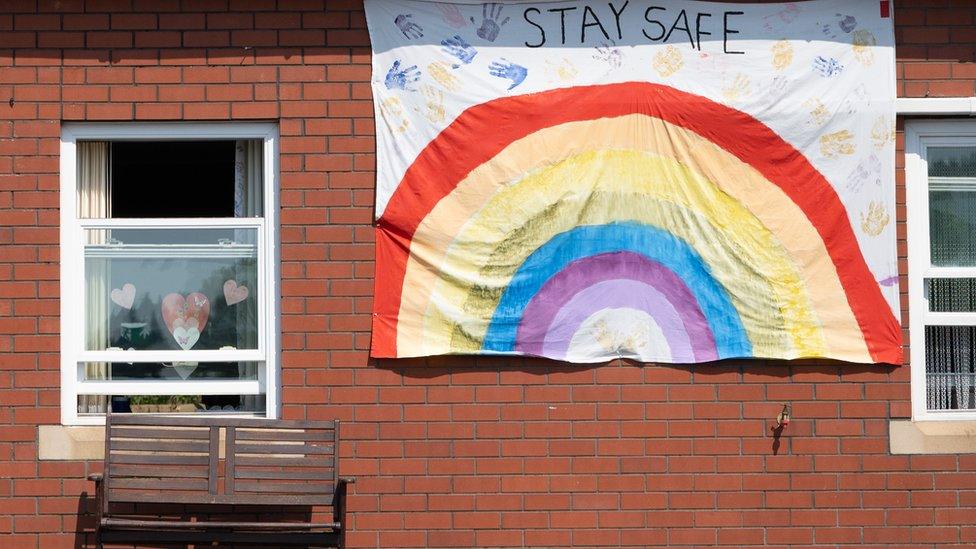Home carer sets up support group to fight 'exploitation'
- Published
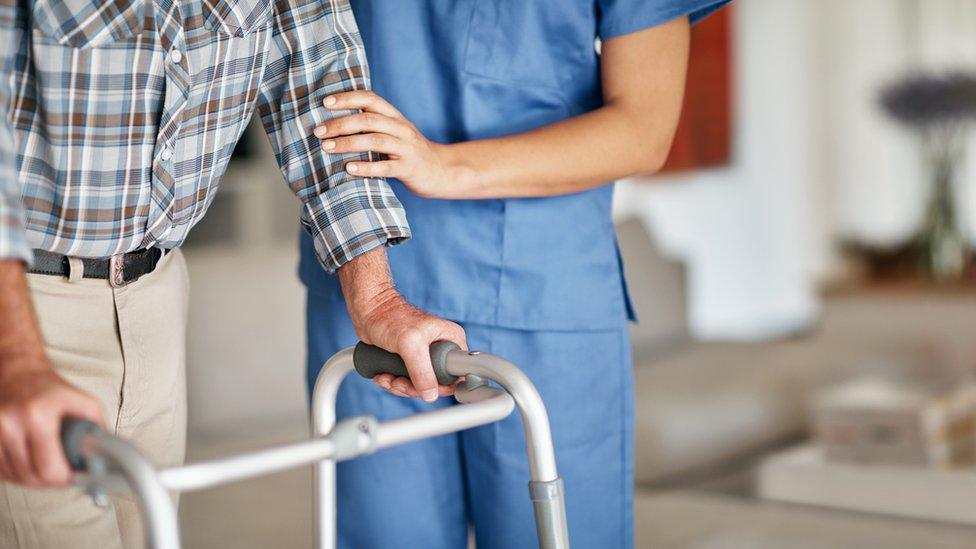
Many people rely on visits from carers so they can keep on living in their own homes
A Nottinghamshire home care worker has set up a group to protect colleagues from poor pay and conditions.
Rachel Kelso said one issue was unpaid travel time meant workers effectively earning less than the minimum wage.
She is backed by her own bosses, who hope the Homecare Workers' Group will protect their firm from being undercut by less scrupulous competitors.
It is also hoped the online support group will encourage more people to choose caring as a career.
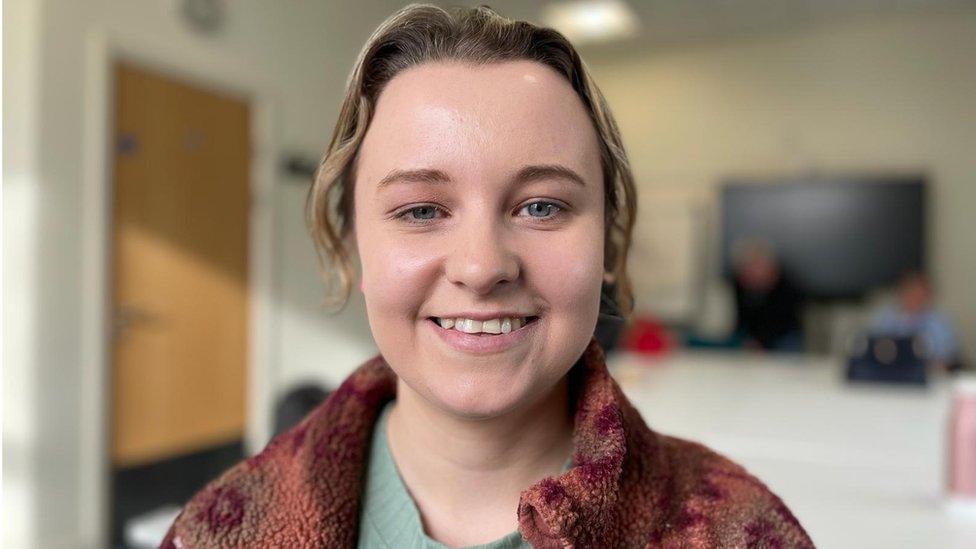
Rachel Kelso said better protection would mean more people getting into the industry
The work of home carers means many people with mobility and health issues can stay out of hospital or full-time care.
As well as cooking and cleaning, these staff monitor the health of the most vulnerable and can alert the authorities if action needs to be taken.
But by its very nature, the job means a lot of travel and often involves insecure contracts.
Ms Kelso said: "Between 10 and 13% of domiciliary workers - that's homecare workers - are not paid for their travel time, to the effect of being illegally paid under the National Minimum Wage.
"It's a huge problem, it is exploitation.
"The government's talking about opening up career pathways for care workers, lovely, but let's look at unpaid travel time, let's look at that basic hourly rate, and let's look at insecure contracts."
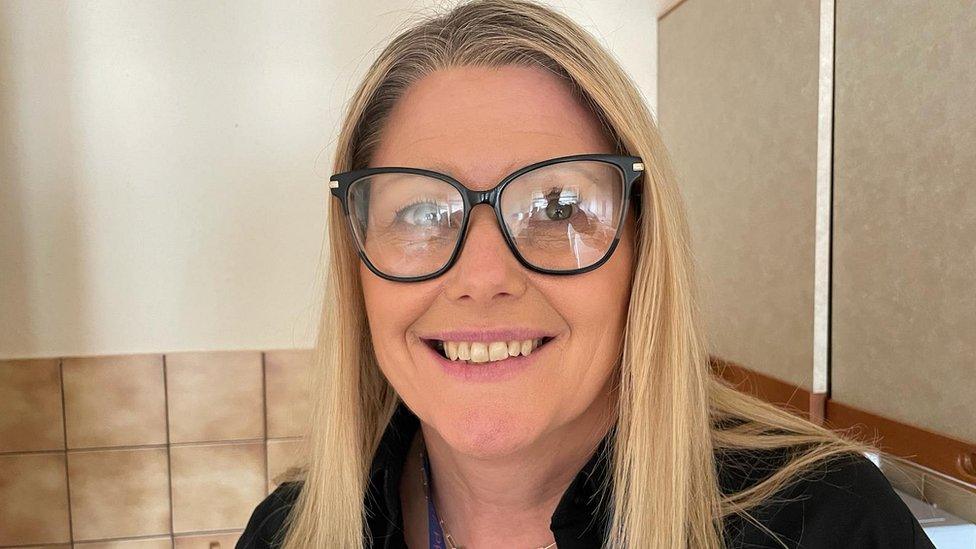
Sarah Peach, director of Respectful Care, said workers needed to be supported
Ms Kelso's boss is backing the Homecare Workers' Group, external (HWG) as a way of stopping other providers cutting corners.
Sarah Peach, director of Respectful Care, said: "We need to support our carers to give them a fighting chance to do a really good job.
"We want the homecare workers to feel supported and also they're treated like any other healthcare professional.
"There are so many bad stories, but the good stories are that people continue to live at home."

Follow BBC East Midlands on Facebook, external, on X, external, or on Instagram, external. Send your story ideas to eastmidsnews@bbc.co.uk, external or via WhatsApp, external on 0808 100 2210.
Related topics
- Published19 March 2024
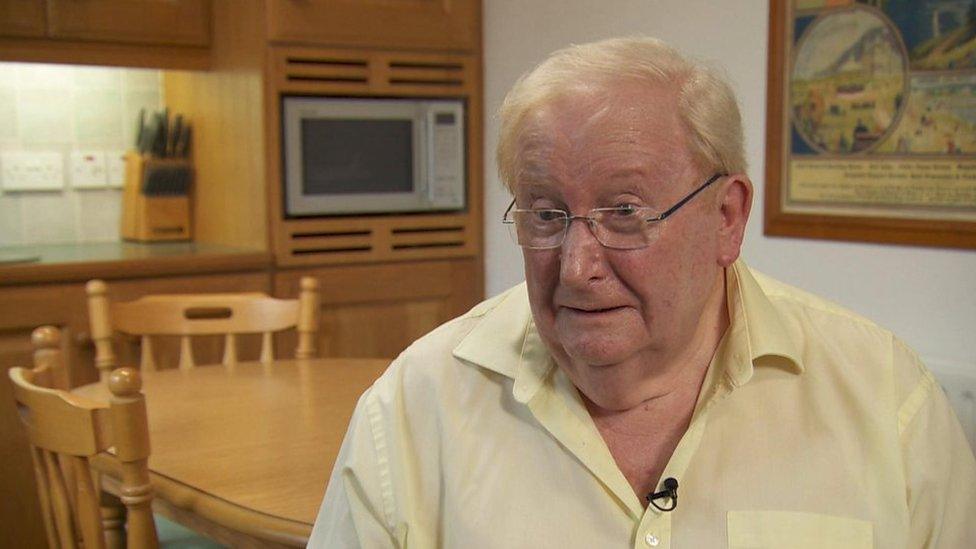
- Published6 March 2024
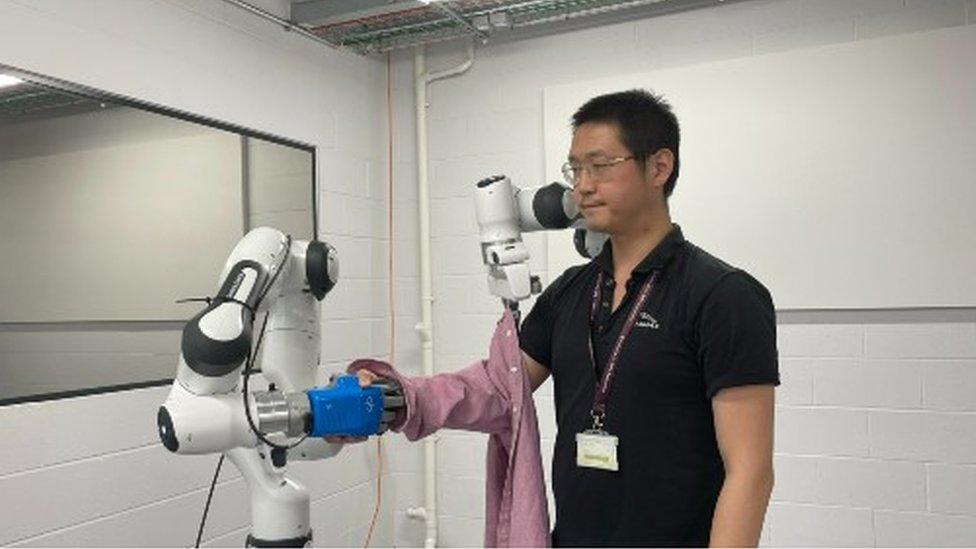
- Published6 March 2024
